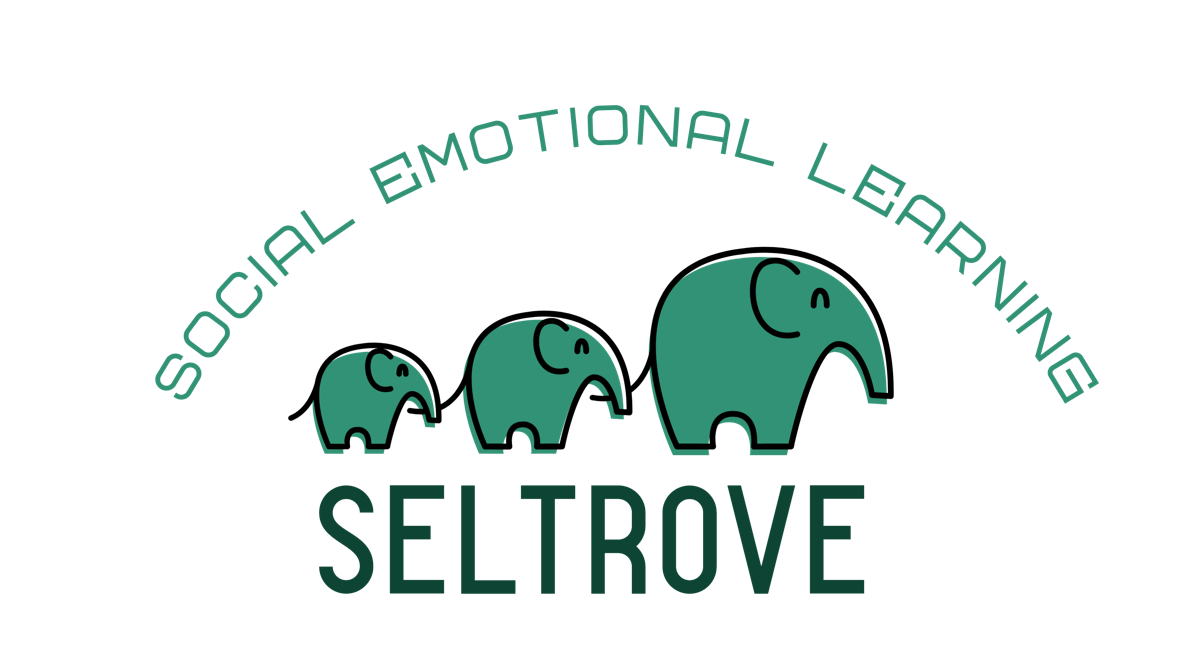1. Doing things for your child makes them spoiled, plus they won't ever learn to do things for themselves.
Has your child ever asked you to brush their teeth for them? Help them get dressed? Take their dishes to the counter? They say they are too tired or just don't want to do it? If we do this for them, aren't we just creating a spoiled child who won't learn responsibility?
In most cases, this is very far from the truth. When our child wants us to do things for them, they are seeking connection. By doing these things for them we are meeting their needs and that shows love, empathy, and kindness.
Try shifting your mindset from they aren't going to learn how to be independent to they are seeking connection, which I can give them.
Has your child ever asked you to brush their teeth for them? Help them get dressed? Take their dishes to the counter? They say they are too tired or just don't want to do it? If we do this for them, aren't we just creating a spoiled child who won't learn responsibility?
In most cases, this is very far from the truth. When our child wants us to do things for them, they are seeking connection. By doing these things for them we are meeting their needs and that shows love, empathy, and kindness.
Try shifting your mindset from they aren't going to learn how to be independent to they are seeking connection, which I can give them.
Want to learn more?
1. Check out our parenting workshop! It is designed for busy parents in mind.
2. Ask your school administration to use Seltrove's student SEL workbooks or digital class packs this school year with your child's classroom.
2. Ask your school administration to use Seltrove's student SEL workbooks or digital class packs this school year with your child's classroom.
3. Read more SEL-aligned parenting books! Here are a few we recommend:
- The Whole Brain Child by Dan Siegel & Tina Payne Bryson
- How to Talk so Kids Will Listen & Listen so Kids Will Talk by Adele Faber & Elaine Mazlish
- Siblings without Rivalry by Adele Faber & Elaine Mazlish
- Raising Human Beings by Ross Greene
4. Keep checking back with us as we continue to create more parenting SEL resources.
Write your awesome label here.
